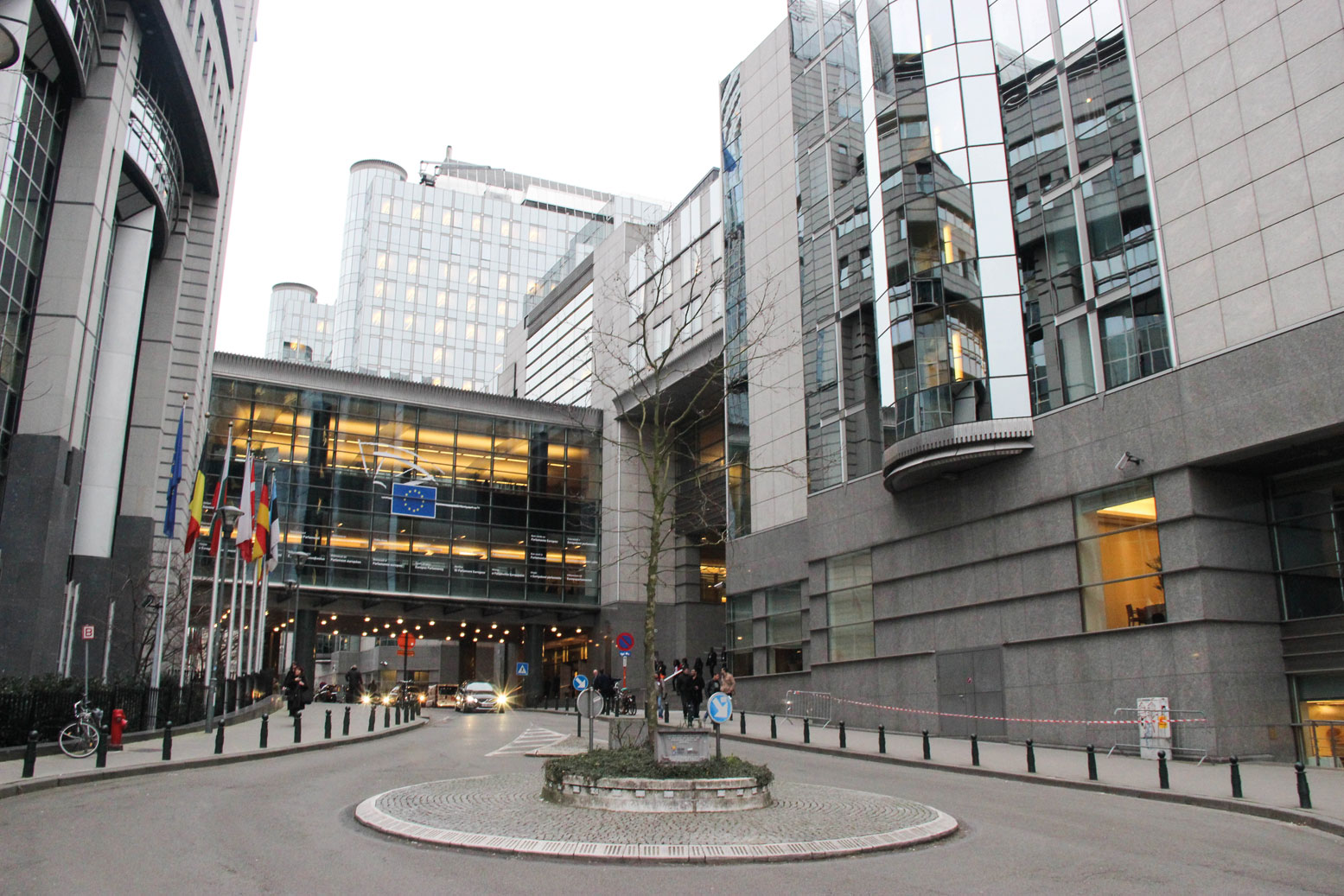Erasmus students in Lund and elsewhere might have noticed a welcome increase in their exchange grants this year. Beyond the obvious benefits in this case, this signals a paradigm shift in the Erasmus Programme with wider implications.
2014 marks the beginning of a phase of the Programme called “Erasmus+”. Jokes about alcohol tolerance and Erasmus babies aside, the program is riding on a recent broad survey which reveals transformative effects on the lives of students.
According to a recent survey, Erasmus graduates are likely to gain greater self-confidence, self-awareness, and greater problem solving skills than their peers staying put. They are also more likely to move to other countries or change jobs, and their ambitions are spread out by their acquisition of more skills, relationships and languages. Three of out of four Erasmus Interns develop the intention to start their own business, and a large amount end up doing so.
It is therefore no surprise that the program, and the progress in youth development that it stands for, has gathered the support of the European Parliament, despite the latter being a room full of middle-aged men. This appears a welcome development in a period where, across many countries, university fees are rising steadily if not steeply, especially for international students. The programme’s budget, across seven years, is €15 billion, reportedly 40% more than in the previous phase.
The Programme Guide is largely a mess of bureaucratic jargon, but despite this complexity, it displays focused and clear values, as well as the resources to implement them. It clearly to concerns about the risk of unemployment and marginalisation for young people, and implicitly links it to the Lisbon Treaty goal of “(encouraging) the participation of young people in democratic life in Europe”.
It consolidates various existing programs in education (Erasmus), training (da Vinci), sport (Comenius) and lifelong learning (Grundtvig), whose collection of names reads like a Who’s Who of European Enlightenment Thinkers. So-called mobility programs now account for the cost of living in destination cities, something which students arriving at Lund University and others across Sweden would greatly benefit from. There are also so-called “mobility projects designed to reach out to students from poorer backgrounds who seek to look further than their home university.
One must question whether these greater linkages will provide a tangible benefit to students attempting to form networks to further their careers, or dilute the effects of policies and funds that should be directed at Bachelors students. One must also hope that the focus on professional development drives higher standards of internships for young people, which currently suffer from inconsistent laws and the possibility of exploitation. For such effects to be guaranteed, the process must ensure the participation of young people in its management and implementation.
For the moment, these changes signal no shift in the day-to-day culture of Erasmus students. Given its representations in popular media, such as through films like L’Auberge Espagnole, employers will continue to see studying abroad as favourable, whether or not “robust learning culture” or “professional networking” are phrases applicable to the university town that is Lund, and may even embrace the independence that comes from pursuing one’s own personal and social projects within a truly multicultural space.
Overall, in making this space broader and more accessible, it seems the EU is doing something right.






